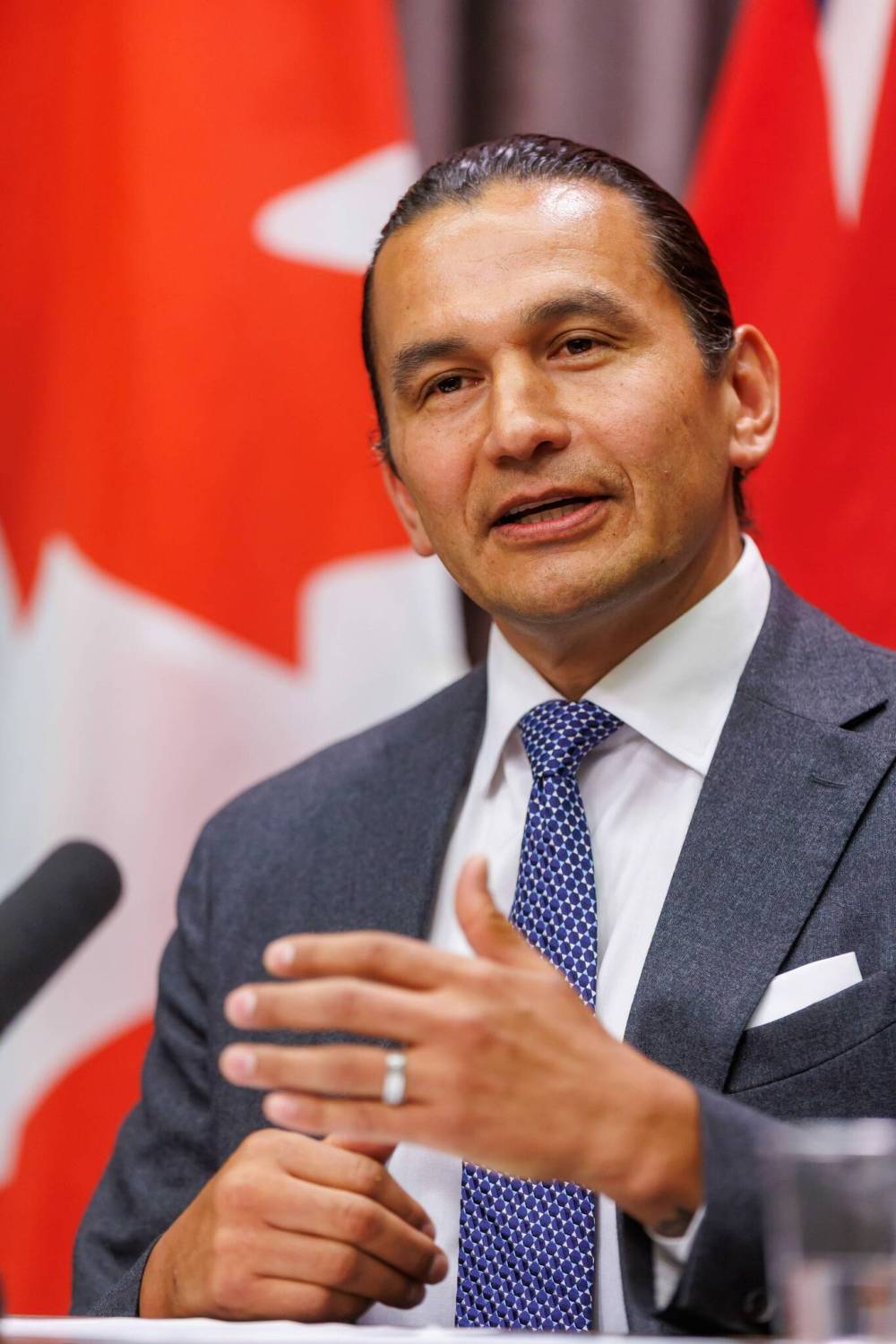Politics
Manitoba’s NDP Faces Harsh Fiscal Reality, Delays Budget Goals

The New Democratic Party (NDP) of Manitoba is confronting significant challenges in delivering on its fiscal promises made during the 2023 provincial election. The party had assured voters that it would balance the province’s budget by the end of its first term. Recent analysis from the Conference Board of Canada indicates that this goal may be far from achievable, with projections suggesting a balanced budget could take at least five years.
Current Financial Outlook
The Conference Board’s latest report highlights a projected budget deficit of $794 million for the fiscal year 2025-26. This figure starkly contrasts with the NDP’s optimistic estimates, which anticipated a reduction in the deficit to $327 million by 2026-27 and a return to balance by 2027-28. The board’s findings suggest that the province is not on track to meet these ambitious timelines.
Premier Wab Kinew and Finance Minister Adrien Sala have reiterated their commitment to balancing the budget by 2027. However, the report casts doubt on this timeline, indicating that substantial revenue increases or drastic spending cuts would be necessary to close the fiscal gap. Without these measures, achieving balance appears increasingly unrealistic.
Long-Term Structural Issues
The financial difficulties facing Manitoba are not merely cyclical; they stem from a long-standing structural imbalance where expenditures consistently exceed revenues. The province’s net debt is projected to reach $36.5 billion this year, a significant increase from $34.47 billion in the previous year, marking a troubling rise of 5.9 percent. The costs associated with servicing this debt are expected to escalate, consuming a larger portion of the provincial budget and limiting funding available for essential services such as health care and education.
“The math never really added up, and it certainly doesn’t now,” the report emphasizes.
As Manitoba grapples with its fiscal reality, the NDP faces a difficult decision: either uphold their promise of achieving budget balance by 2027 or compromise on spending for vital services. Political analysts suggest that the party may opt for the latter to avoid backlash from voters ahead of upcoming elections. This could lead to an extension of the timeline for achieving a balanced budget, which may be rationalized through external factors such as global economic conditions or federal funding challenges.
The implications of sustained deficits are profound. If Manitoba’s debt continues to grow at a faster rate than its economy, it risks attracting the attention of credit rating agencies, potentially leading to downgrades that would inflate borrowing costs. This would further exacerbate the cycle of increasing deficits and limit the province’s ability to respond to economic crises.
For residents of Manitoba, the financial outlook raises concerns about the future of public services and potential tax increases. The province already has one of the highest combined tax burdens in the country, and further debt servicing costs will only reduce the capacity for tax relief and investments crucial for economic growth.
The findings from the Conference Board serve as a wake-up call for the NDP and the people of Manitoba. Addressing these fiscal challenges will require not only political will but also a commitment to transparency and long-term planning. The path to fiscal balance is likely to be complex and protracted, demanding the discipline that many voters may not have anticipated when they supported the NDP in 2023.
-

 Politics4 weeks ago
Politics4 weeks agoSecwepemc First Nation Seeks Aboriginal Title Over Kamloops Area
-

 World5 months ago
World5 months agoScientists Unearth Ancient Antarctic Ice to Unlock Climate Secrets
-

 Entertainment5 months ago
Entertainment5 months agoTrump and McCormick to Announce $70 Billion Energy Investments
-

 Science5 months ago
Science5 months agoFour Astronauts Return to Earth After International Space Station Mission
-

 Lifestyle5 months ago
Lifestyle5 months agoTransLink Launches Food Truck Program to Boost Revenue in Vancouver
-

 Technology3 months ago
Technology3 months agoApple Notes Enhances Functionality with Markdown Support in macOS 26
-

 Lifestyle3 months ago
Lifestyle3 months agoManitoba’s Burger Champion Shines Again Amid Dining Innovations
-

 Top Stories2 months ago
Top Stories2 months agoUrgent Update: Fatal Crash on Highway 99 Claims Life of Pitt Meadows Man
-

 Politics4 months ago
Politics4 months agoUkrainian Tennis Star Elina Svitolina Faces Death Threats Online
-

 Sports5 months ago
Sports5 months agoSearch Underway for Missing Hunter Amid Hokkaido Bear Emergency
-

 Politics5 months ago
Politics5 months agoCarney Engages First Nations Leaders at Development Law Summit
-

 Technology5 months ago
Technology5 months agoFrosthaven Launches Early Access on July 31, 2025



















